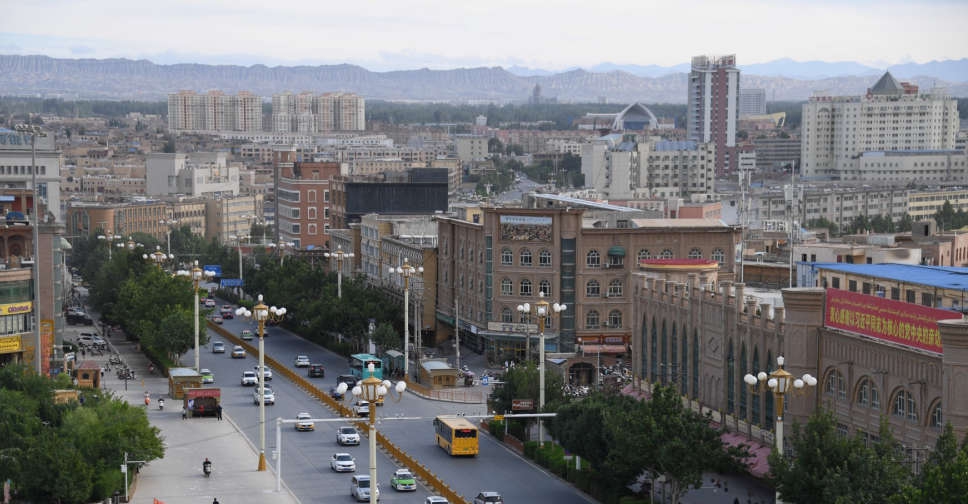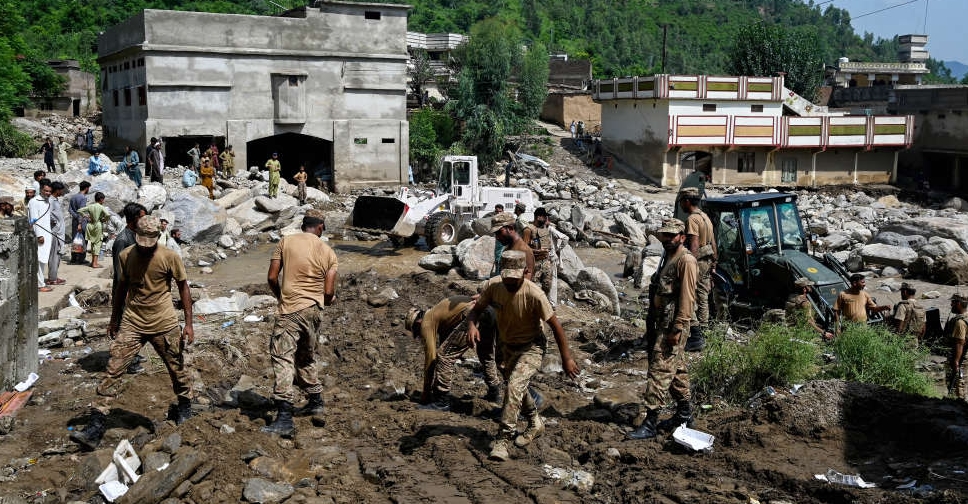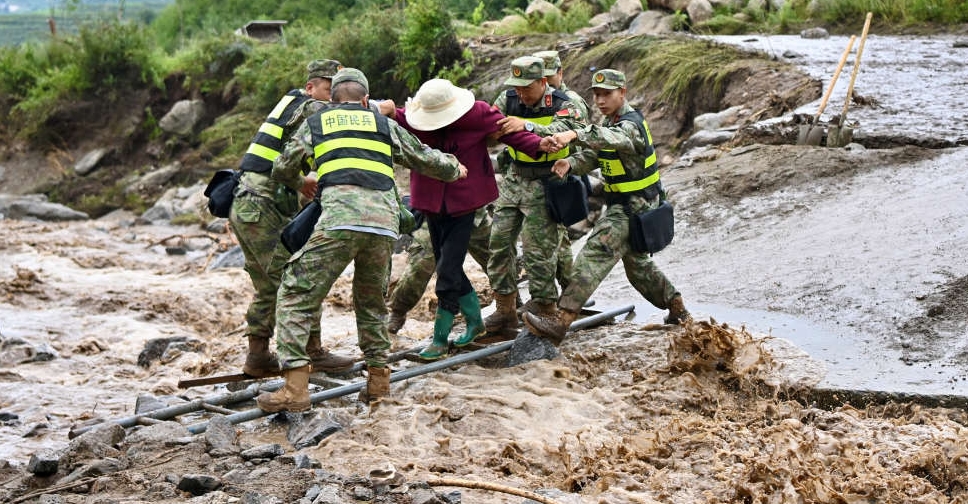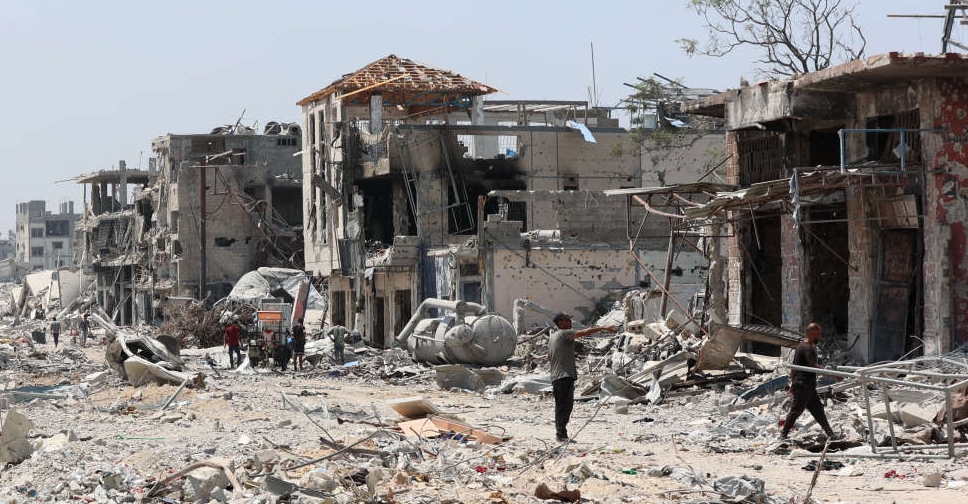
China's Xinjiang warned of more flash floods, mudslides, and risks to agriculture as heatwaves swept across the region, accelerating the pace of glacial melt and posing hazards for its vast cotton production.
China has been baked by above-normal summer heat since June, with some meteorologists blaming climate change. The excessively hot weather has driven up the demand for electricity to cool homes, offices and factories. In agricultural regions, drought has been a concern.
Xinjiang's latest heatwaves have been particularly long-lasting and widespread, Chen Chunyan, chief expert at the Xinjiang Meteorological Observatory, told state media.
She noted the extreme weather in the south and east of the region, more than twice the size of France, has already lasted for about 10 days.
Ruoqiang in the southeast of Xinjiang activated a red alert - the highest in a three-tier heat warning system - on Friday evening, forecasting temperatures of 40 degrees Celsius (104 degrees Fahrenheit) or more for the next 24 hours.
In 2015, a local news portal reported 50.3C at a weather station near Ayding, a dry lake in Xinjiang's Turpan Depression.
"Continued high temperature has accelerated glacial melting in mountainous areas and caused natural disasters such as flash floods, mudslides, and landslides in many places," Chen said.
The China Meteorological Administration said a day earlier that the glacial melting in Xinjiang poses a high risk of dam failure on a tributary of the Aksu River near China's border with Kyrgyzstan.
Mostly known for its deserts, Xinjiang is also home to long mountain ranges along its borders, including the Tian Shan mountains, the Pamirs, the Kunlun mountains and the Karakoram, which have become increasingly popular for Chinese tourists amid COVID-19 restrictions on international travel.
Such heatwaves could also impact crops, especially cotton, Chen cautioned.
Xinjiang accounts for the production of about 20 per cent of the world's cotton, a water-thirsty crop. By some estimates, 20,000 litres of water is needed to produce 1 kilogramme of cotton, enough for one T-shirt and a pair of jeans.
Xinjiang is not suffering alone. Another round of extreme temperatures is expected to affect some 20 provinces.
According to the National Meteorological Centre, the coastal provinces and the financial capital of Shanghai are expected to be the most affected, with temperatures as high as 39C expected on Saturday.


 Zelenskyy, flanked by Europe, heads to Washington as Trump presses for Russia deal
Zelenskyy, flanked by Europe, heads to Washington as Trump presses for Russia deal
 Pakistan resumes rescue operations in flood-hit areas; death toll over 300
Pakistan resumes rescue operations in flood-hit areas; death toll over 300
 Flash floods claim lives in northern China
Flash floods claim lives in northern China
 Israel plans Gaza resident relocation
Israel plans Gaza resident relocation
 Trump urges Zelenskyy to make a deal
Trump urges Zelenskyy to make a deal




